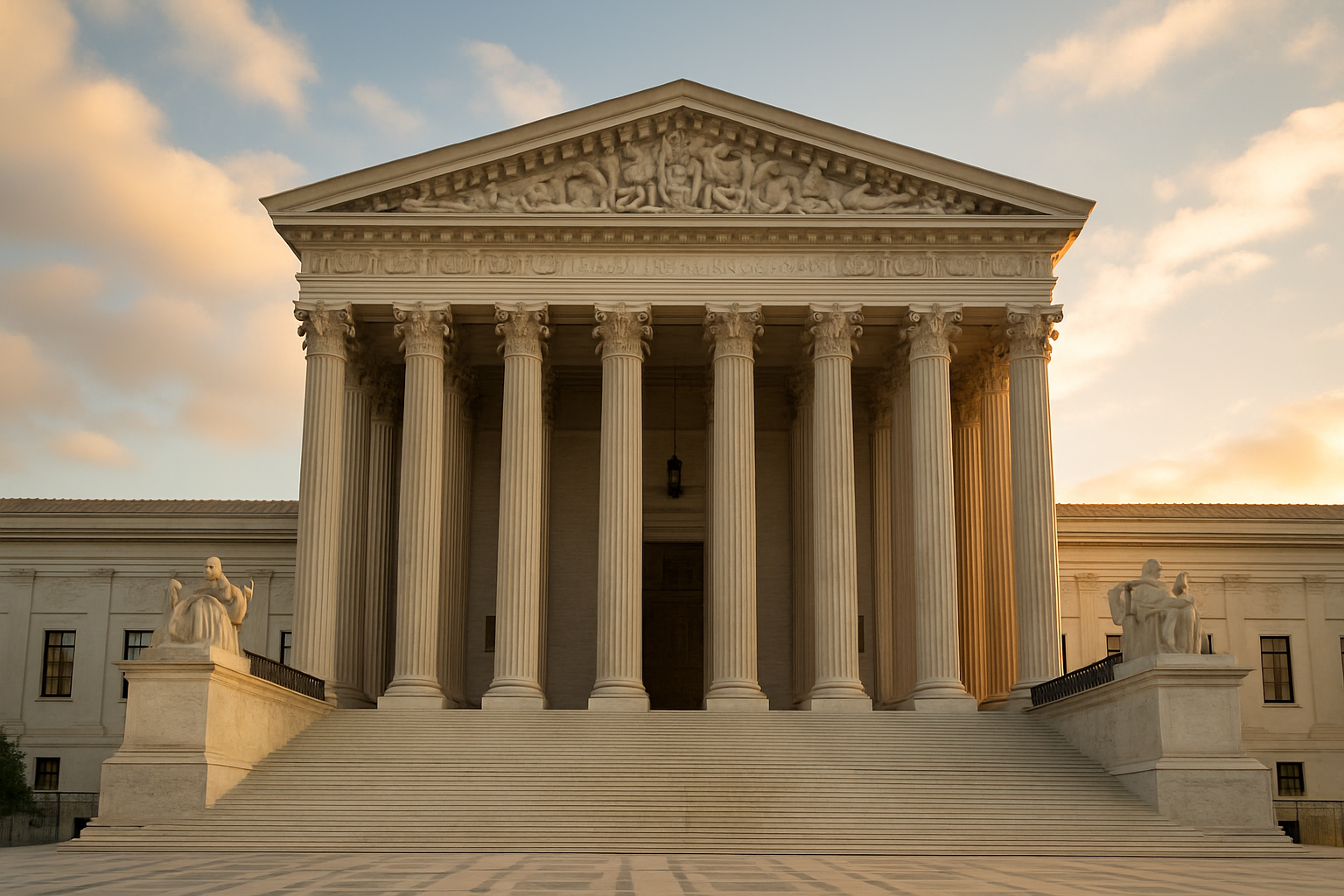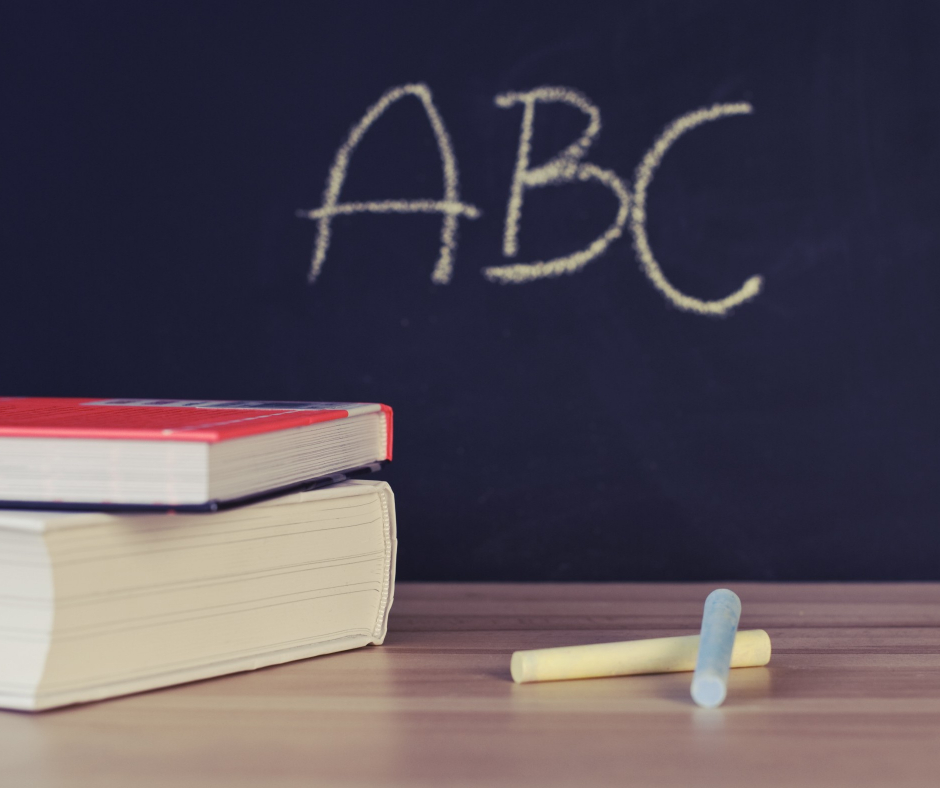Supreme Court Case on Government Liability – New Limits for Victims?
The U.S. Supreme Court is taking up a case that could reshape how Americans seek justice when harmed by government actions. At issue is the balance between protecting public agencies from endless lawsuits and ensuring victims still have a path to compensation.
When government employees make mistakes, who should bear the cost? Families injured by poor infrastructure, delayed emergency response, or negligent supervision often look to the courts for answers. Yet, the doctrine of sovereign immunity has long shielded federal and state agencies from many claims. This case asks whether those protections should stretch even further.
If the Court narrows liability, victims may lose the chance to recover damages for injuries caused by government negligence. Imagine a school ignoring repeated safety warnings, or a city failing to maintain dangerous roads. Should citizens pay the price when public agencies fail? Or should taxpayers be spared from large payouts?
At the center of the dispute is the “discretionary function exception.” This rule protects government workers when they exercise judgment in carrying out official duties. The new case may expand that shield, making it harder for victims to prove negligence even when mistakes are clear.
How would this affect ordinary people? Plaintiffs could face higher hurdles, needing to prove not just harm but also that the government’s action was outside its protected discretion. That shift could discourage lawsuits and reduce accountability. For those already harmed, it could mean no meaningful path to justice.
On the other side, government agencies argue that without strong protection, they risk being overwhelmed. They claim that every policy decision, budget cut, or on-the-spot judgment could spark costly litigation. Is this a fair concern, or an excuse to avoid responsibility?
The outcome may also influence state courts. If the Supreme Court sets a stricter national standard, local judges in Washington and across the country may feel pressure to limit similar claims. Victims in cases involving school safety, road maintenance, and emergency services could see their options shrink.
What does this mean for the public? If the ruling favors broader immunity, citizens may need to rely more on legislative reform or administrative remedies rather than civil lawsuits. If the Court rules for victims, government entities will face stronger incentives to prioritize safety and oversight.
The stakes are high. This decision will not just decide one case. It will shape the line between public duty and private accountability for years to come.



